detail profile viktor blaho
Peran Yang Di Mainkan Viktor Blaho
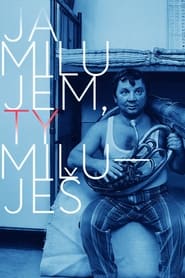 The drama called I Love You...
The drama called I Love You...I Love, You Love 1988
The drama called I Love, You Love was made in 1980 but because of the absurd ideological ban, the film entered cinemas nine years later. Pišta is an unmarried man who works at a freight wagon which carries letters and parcels. Alcohol helps him to overcome his handicap of being short and not good-looking. He wishes he had a woman, but the woman he really wants, ageing Viera who reloads the cargoes, has a soft spot for another man. So, Pišta has nobody and nothing, except for senile mother who sometimes fails to recognize him. The film received Silver Bear for Best Director at the International Film Festival in Berlin.
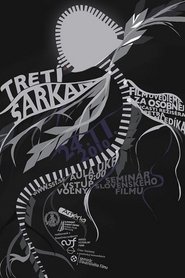 Schoolboys discover that if sitting in...
Schoolboys discover that if sitting in...The Third Dragon 1985
Schoolboys discover that if sitting in a certain rocky cliff area in the forest, they can memorize anything they read there for exams the following day. Turns out the rocky cliff has a cave in which they make an incredible discovery.
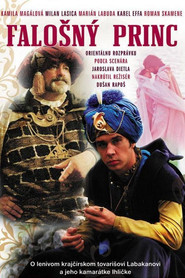 The Sultan awaits the arrival of...
The Sultan awaits the arrival of...The False Prince 1985
The Sultan awaits the arrival of his son, Prince Omar, who has brought up in a distant land. The master tailor and his assistances are making clothes for the prince. Labakan, the most gifted of his assistances, craves to be a Sovereign's heir so he steals the princely garments snd poses as the Sultan's son.
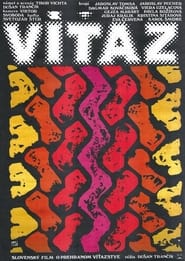 Tou former boxers meet in the...
Tou former boxers meet in the...The Champion 1979
Tou former boxers meet in the ring again after years for a re-run of an old match. The old loser currently works as a factory executive and he is unwilling to reconcile with his old defeat. He challenges the old winner, whose job in a garage puts him on the opposite end ofthe career ladder. The match is a battle fought between two men who stand for two different attitudes to life. The confrontation results in the revelation that the winner is not always the one whose arm is raised by the referee after the last round.
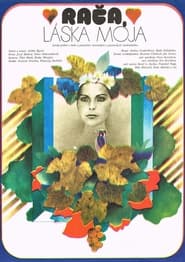 Visiting Slovakian Racha to get antiquated...
Visiting Slovakian Racha to get antiquated...Racha, My Love 1977
Visiting Slovakian Racha to get antiquated with Slovakian wine-making techniques, Rachvelian from Georgia, Zauri, falls in love with Slovak Darina. Consequentially, when Darina visits Georgia, Zauri does his best to make her also love him.
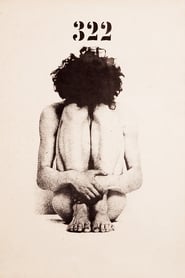 A story of a man threatened...
A story of a man threatened...322 1970
A story of a man threatened by a fatal illness evaluating his life (the number 322 in the film title stands for the diagnosis of one kind of cancer). He understands his illness as a form of punishment for his cruel deeds in the 1950s. In the face of reality and his efforts to cleanse himself he hits a barrier of indifference, lack of interest, and individual and collective selfishness. He has to find his own reconciliation with his illness and his past and present life.
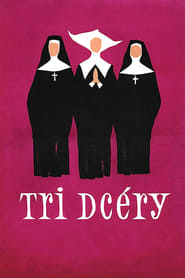 A classical ballad motif about an...
A classical ballad motif about an...Three Daughters 1968
A classical ballad motif about an aging father and his three daughters is quite unusually here set against the backdrop of Czechoslovakia of the 1950s. After having been expropriated, the former landowner Majda seeks refuge with his three daughters whom he had sent to a convent a long time ago. But only the youngest one is able to forgive him and she is willing to take care of him despite the threat of expulsion from the order.
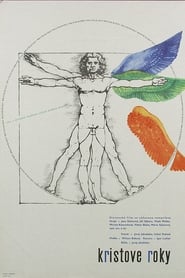 Juraj a Slovak artist living in...
Juraj a Slovak artist living in...The Prime of Life 1967
Juraj, a Slovak artist living in Prague, takes stock in his life, realizing that his days pass without purpose. He lives a carefree life. But now he has to choose between two women, between the city and the country, and between creative work and craftsmanship. He has a passion for art but he also has to make a living. Through his relationships with close people, he grows aware of his position and this knowledge helps him to live a more fulfilling and better life.
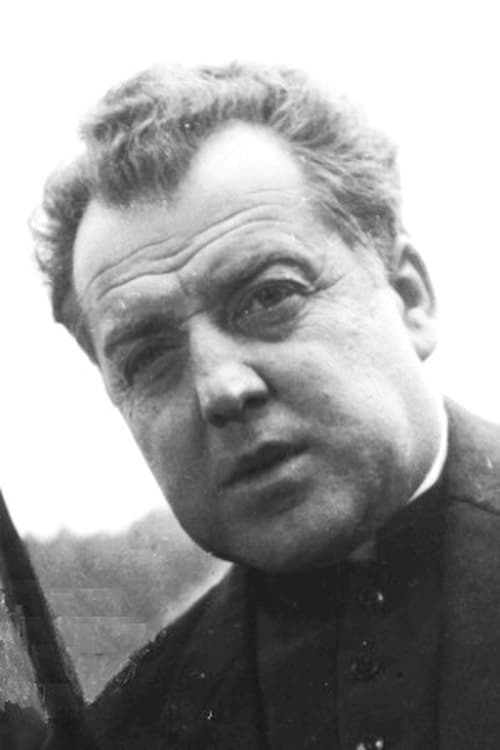
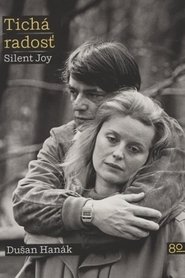 This film is a psychological study...
This film is a psychological study...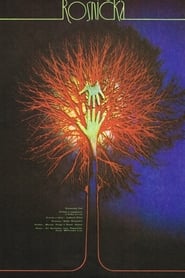
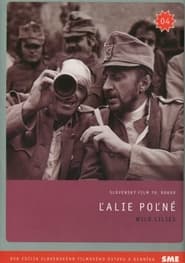 Two repatriated soldiers search for stability...
Two repatriated soldiers search for stability...